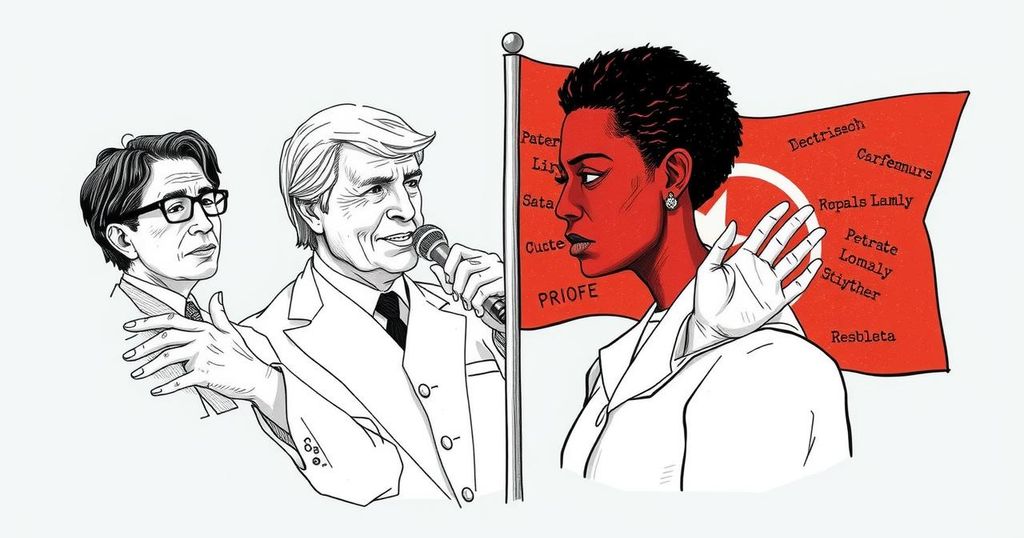UN Proposes Plan to Resolve Libya’s Political Deadlock and Facilitate Elections

The UN has introduced a plan to resolve Libya’s political impasse and facilitate overdue presidential elections. This initiative involves forming an advisory committee to address electoral law issues and foster inclusive dialogue among Libyan stakeholders. The proposal comes amid ongoing regional instability and challenges such as arbitrary detentions, highlighting the urgency for political resolution and cooperation.
The United Nations has unveiled a plan aimed at resolving the political deadlock in Libya and facilitating overdue presidential elections, as revealed during a briefing by Stephanie Koury, the Deputy Special Representative for Libya and acting head of the UN Support Mission in Libya (UNSMIL). The initiative includes forming an advisory committee to evaluate electoral law issues and propose a comprehensive roadmap to conduct the elections. This committee will consist of experts and representatives from diverse Libyan political and social backgrounds.
UNSMIL is also dedicated to promoting dialogue among Libyan stakeholders to achieve a unified national vision for the country’s future. “Ensuring full, equal, and meaningful participation of all segments of society – particularly youth and women – remains UNSMIL’s priority to fostering inclusivity, building national unity, and enhancing the legitimacy of the political process,” Ms. Koury stated.
Libya has experienced instability since the fall of Muammar Gaddafi in 2011, leading to a split between two rival governments. After the cancellation of the landmark elections scheduled for December 2021, the urgency for national elections has intensified among the populace. Ms. Koury affirmed the desire of Libyans to elect their leaders following the successful local elections held on November 16.
The Deputy Special Representative underscored the necessity of overcoming various challenges to establish stability. She emphasized the reinstatement of the Central Bank Board of Directors as a significant development. However, issues remain, including the arbitrary detention of individuals, with calls for unrestricted access for UNSMIL to all detention centers. Ms. Koury expressed concern over recent deaths in custody and the need for transparent investigations.
Significant regional instability, particularly the plight of Sudanese refugees due to conflicts in Sudan, also poses challenges for Libya. While guns may be silent, Ms. Koury remarked that the country is “neither stable nor at peace,” urging for a collective international effort to support Libya in achieving a political resolution. She reiterated that success relies on the political commitment from Libyan factions and cohesive support from international partners, affirming the capability of the Libyan people to enact change and progress toward elections.
The political situation in Libya has been tumultuous since the ousting of Muammar Gaddafi in 2011, resulting in an ongoing struggle between two rival governments. The internationally recognized Government of National Unity (GNU) resides in the northwest, whereas the Government of National Stability (GNS) operates from the east. Long-postponed elections have left Libyans desiring to choose their leaders democratically. The United Nations has been actively working to bridge the political divides and restore a semblance of governance in the country.
In conclusion, the recent UN initiative to address Libya’s political deadlock presents a hopeful framework for restoring stability and facilitating long-awaited elections. The establishment of an advisory committee and the emphasis on inclusive dialogue reflect an understanding of the complex challenges faced by Libyans. For this plan to succeed, both local political commitment and international support remain essential. The path forward involves nurturing unity and collaboration among Libyan factions to honor the aspirations of the Libyan populace for legitimate governance.
Original Source: news.un.org








